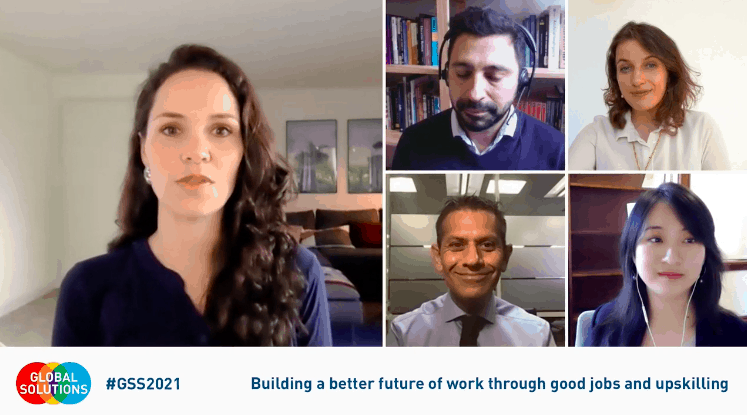What began as a global health crisis in 2020 developed into an economic one, resulting in widespread business failures and social and political upheaval. Poor, marginalised, and vulnerable communities, as well as their workforces, have been disproportionately affected, and while vaccines are allowing many countries to begin reopening borders, economies, and activities, the emerging economic recovery already is proving unevenly distributed. Bridging this gap will require governments and businesses to work together toward a shared vision of economies that are stronger and more resilient because they are more sustainable. G20 governments and business leaders, therefore, should consider how to work together to design policies and programmes that will help shape sustainable and inclusive societies in a post-COVID-19 world including through incentivising skilling programs that prepare workforces for a digital future as well as reimagining the concept of good jobs in growing sectors: jobs that are safe, fairly compensated, reasonably secure and motivating, and which leverage the human skills of workers.






